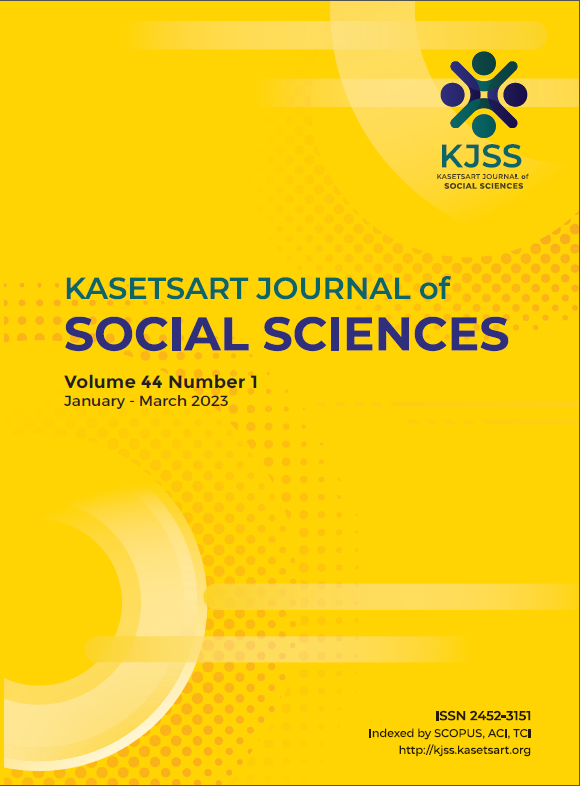Gender roles in engineering design process activity: A small group exploration through collaborative argumentation
Keywords:
collaborative argumentation, engineering design process, gender gapAbstract
Gender plays a crucial role in science and engineering education. This study aims to explore gender’s role in an engineering design process (EDP) classroom, particularly in relation to argumentation skills. This qualitative research used a case study and focused on student behavior contributions to argumentation skills, separated by gender. The participants included 12 students (6 male and 6 female) in 8th grade who participated in a collaborative group problem-solving exercise. All activities of students in the EDP classroom were recorded and transcribed to be coded using code-driven argumentation theory (claim, data/evidence, and reasoning). According to the results, the male students were more active in constructing reasoning in argumentation skills than the female students. Additionally, the female students actively claimed scientific phenomena and communicated during the discussion stage.
Downloads
Published
How to Cite
Issue
Section
License

This work is licensed under a Creative Commons Attribution-NonCommercial-NoDerivatives 4.0 International License.
This is an open access article under the CC BY-NC-ND license http://creativecommons.org/licenses/by-nc-nd/4.0/










